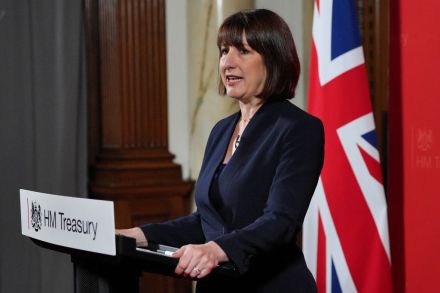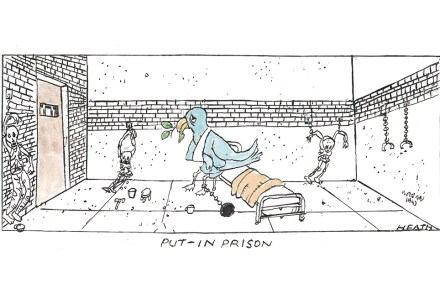My time on Hinge
Back to work, back to school, back to politics: the French call it la rentrée and my own summer idyll in their country must end soon too. Back to the miserabilism of Starmerland – where all news, especially good news, must be seen as bad. What good news is that? I mean that shop prices fell this month by 0.3 per cent, after heavy discounting of non-food goods, for the first time since 2021; overall UK inflation having fallen close to the Bank of England’s 2 per cent target. Which makes autumn interest-rate cuts all the more likely, improving the outlook for mortgage borrowers and increasing the chance that the





















